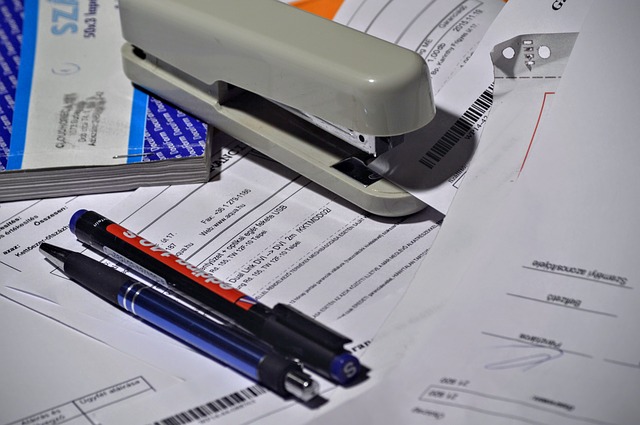What to Do if You’re Accused of PPP Loan Fraud
On March 29, 2020, lawmakers responded to the Covid-19 pandemic by passing the CARES act. The Paycheck Protection Program (PPP) was a part of that package. The program allowed small businesses to take out a loan for the purpose of keeping their employees on the payroll.
Nearly a year later, the Justice Department has prosecuted 209 cases of PPP loan fraud. This is a federal crime and one the government is prosecuting vigorously, especially in cases where the loan amount accepted was in excess of $2 million.
If the government is suddenly scrutinizing your PPP application then you could be in for a world of trouble.
What Would Constitute PPP Fraud?
There are four common types of PPP fraud, and you would be surprised to learn how many otherwise ordinary business owners indulged in one or more forms of this fraud.
The first would be “fudging” the numbers. You should know any time you misreport financial data while seeking a loan that you are committing the white collar fraud of crime.
For example, some individuals convicted of PPP fraud allegedly inflated the number of employees on the payroll to take advantage of the fact that the maximum loan a person could receive was an amount that was 2.5 times the monthly payroll. Even adding one inflated employee number to the list could be worth a significant sum of money. It’s easy to see why some were tempted.
Others resorted to more overt forms of fraud such as creating fake companies with fake employees, fake tax documents and falsified payroll documents, applying in the name of defunct companies, or using stolen identities to falsify ownership of existing businesses.
The third type of fraud happens when a business owner runs afoul of the uncertain language in the PPP application. For example, applicants had to sign a document stating that the “current economic uncertainty makes this loan request necessary to support the ongoing applications of this applicant.”
“Necessary” is very fuzzy language, and can take into account everything from the business activity of the applicant at the time of the loan to whether or not they could have conceivably gotten money from any other source.
Another pitfall would be seeking forgiveness when you’re not eligible for it. To be eligible for forgiveness, employee and compensation levels must have been maintained, the loan proceeds had to be spent on payroll costs and other eligible expenses, and at least 60% of the proceeds had to be spent on payroll costs. If any of your expenses were ineligible then there is a chance you could run afoul by the law.
Signs Your PPP Loan May be Under Investigation
The SBA audits these loans first. If you receive an adverse audit determination from the SBA then you may expect that your loan could come under scrutiny from the Justice Department.
It might be a good idea to retain a federal criminal attorney the moment you realize the SBA didn’t like what it saw. This can keep you from making vital mistakes as an investigation proceeds.
Because a PPP loan fraud investigation would be a federal criminal investigation, you might well receive a target letter or a subject letter informing you that you are under investigation.
Charges for PPP Loan Fraud
The federal government can charge you with several crimes if they believe they have a case against you for PPP fraud. You can be charged with wire fraud, bank fraud, identity theft, mail fraud, and making false statements.
The penalties for these charges are severe.
What to Do
After you contact a federal criminal lawyer, you should gather all of your documentation, including the PPP loan application, the PPP forgiveness application, all of your business expense documentation, your employee documentation, names and contact information for employees, and a detailed accounting of how PPP money was spent.
All of this is evidence which can be used to both evaluate and defend your case.
How Can Your Attorney Defend a PPP Fraud Case?
The three most common defenses are lack of intent, legitimate purposes, and identity.
If our defense is “lack of intent” then we will show that you did not knowingly or intentionally misrepresent the facts. Instead you were simply wrong about what you reported, for whatever reason.
The second defense is to show that the government is mistaken, working to prove that you used your PPP loan for legitimate purposes.
Finally, we may be able to make an identity-based defense if the government cannot prove you were the one who submitted the loan application.
Either way, if you think you’re in trouble you’re better off with a qualified federal criminal attorney by your side. Reach out today to schedule an appointment.
See also:





